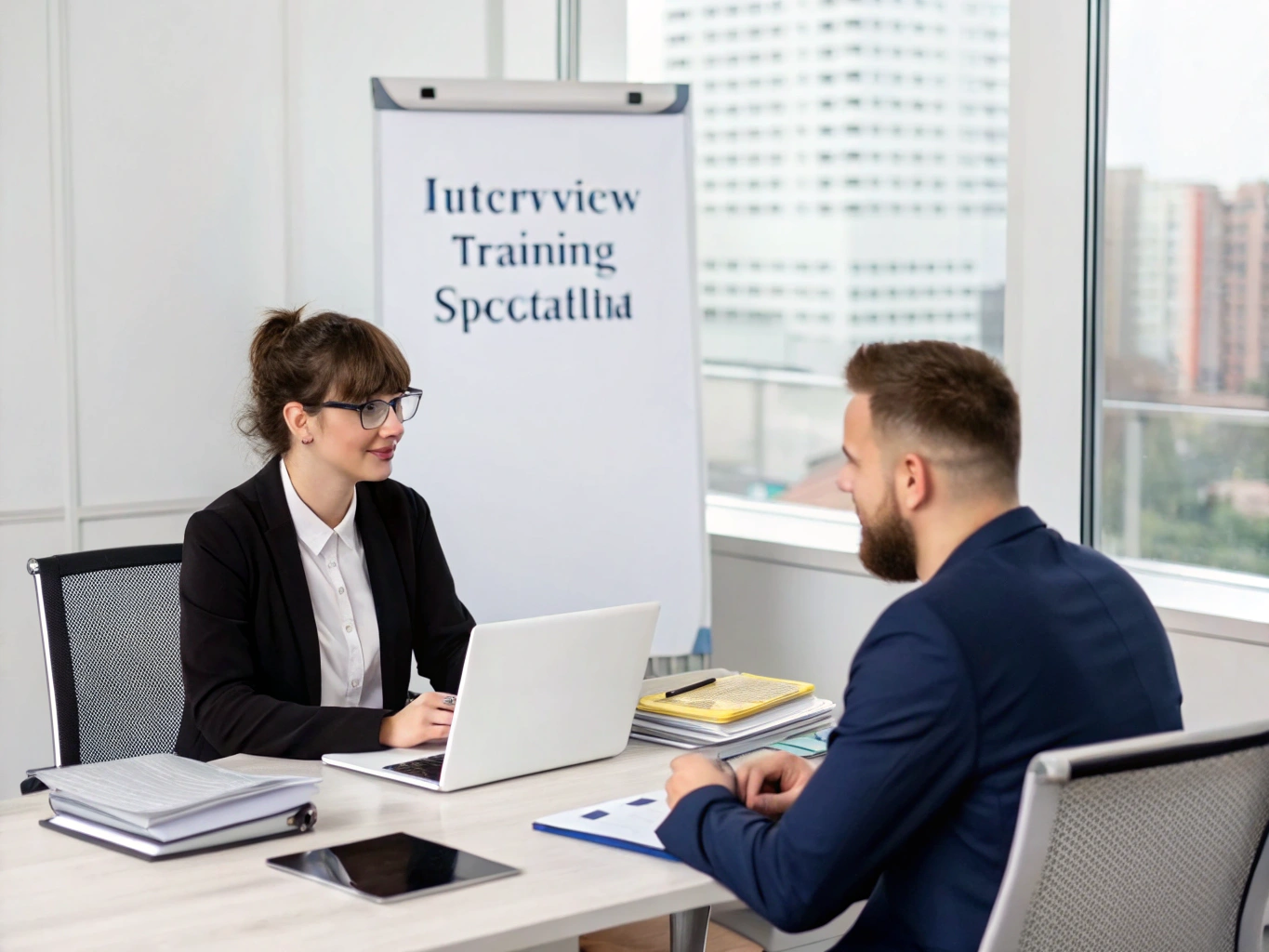As a recruiter, it’s essential to conduct a thorough interview to assess a candidate’s suitability for the Training Specialist position. This interview questions template provides a structured approach to evaluating candidates based on their knowledge, experience, and ability to handle the challenges of the role.
The role of a Training Specialist is vital for enhancing employee capabilities and ensuring organizational effectiveness. Finding a Training Specialist who possesses the necessary skills, experience, and qualifications is crucial for a company’s success, particularly in fostering a culture of continuous learning and development.
Skill-Based Questions
- What strategies would you implement to identify the training needs of employees within various departments?
- Describe your experience with developing training materials. What steps do you take to ensure content is engaging and effective?
- How do you keep up with the latest trends in training and development? Can you provide examples of how you have applied new techniques or technologies?
- What metrics would you use to measure the success of a training program, and how would you report these findings to management?
- Can you explain how you would design an onboarding program for new hires? What key elements would you include?
Behavioral or Situational Questions
- Tell me about a time when you had to adapt a training session on short notice. What steps did you take to ensure its success?
- How have you handled feedback from participants who felt a training session did not meet their needs? Provide an example.
- Describe a challenging training initiative you led. What obstacles did you face, and how did you overcome them?
- If you were tasked with implementing a new learning management system (LMS), how would you approach the transition for employees?
- Imagine a scenario where senior management is skeptical about investing in a new training initiative. How would you present your case to them?
General Questions
- How has your background in human resources influenced your approach to training and development?
- What personal qualities do you believe are essential for a successful Training Specialist, and how do you embody these traits?
- Can you share an experience where you successfully collaborated with different teams to develop a training program? What was your role in that collaboration?
Conclusion
In conclusion, conducting a thorough interview is crucial when hiring for a Training Specialist position. The questions provided in this template serve as a solid foundation for assessing a candidate’s qualifications and experience. However, recruiters should feel free to modify or add to these questions based on their specific needs and the requirements of their organization.




